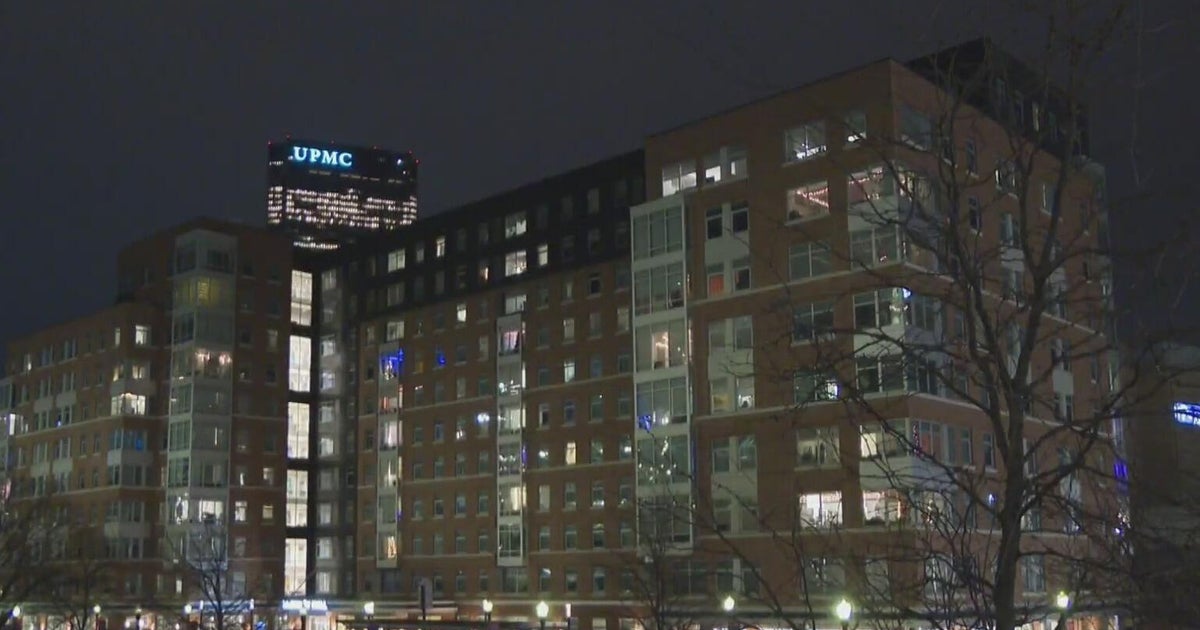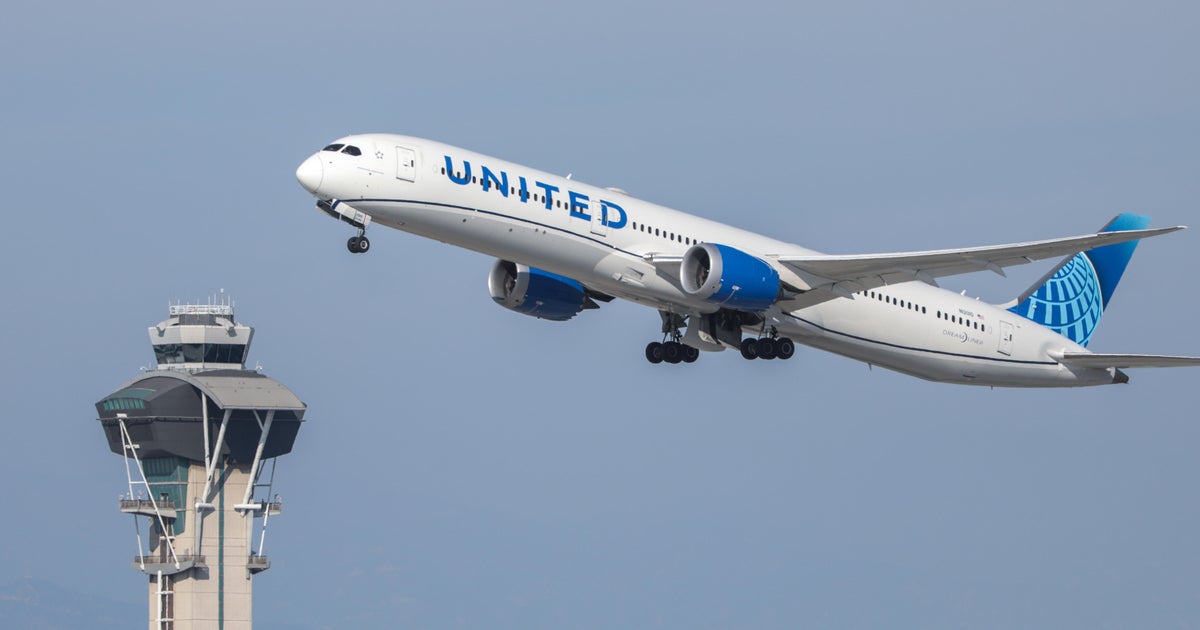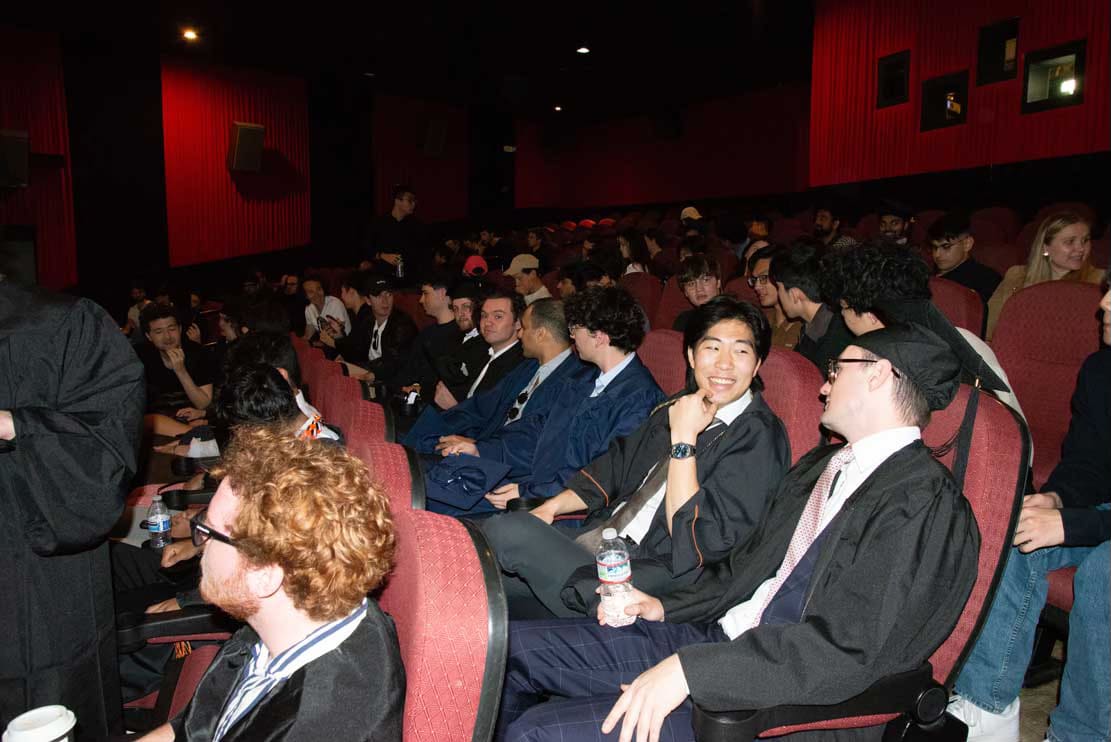Undergraduates across the country are unionizing college workforces
The push to unionize Amazon, Starbucks and other major U.S. companies is spreading to another employment sector that historically has resisted worker efforts to organize: America's colleges.
Students employed as residential advisers, assistant instructors and in campus dining halls are uniting to demand better pay and working conditions, as well as pushing more broadly for a seat at the table in setting policies that affect their lives.
"We're definitely seeing a huge change in the way labor is functioning nationwide right now," Katherine Crawford, a 22-year-old senior at Kenyon College in Gambier, Ohio, told CBS MoneyWatch. "Student work is real work, despite the fact that we're full-time students and part-time workers," said Crawford, who has held as many as three concurrent campus jobs while attending Kenyon.
"I'm handling some of the biggest investments the college owns, yet I'm being paid minimum wage to do that," Crawford said of her job moving around costly pieces of art at Kenyon's Gund Gallery. "People deserve to be paid more than $9.30 an hour," she added of Ohio's minimum wage.
Kenyon pays student workers between $9.30 and $11.94 an hour.
Colleges and universities across the U.S. have long employed undergraduates to keep campus dining halls and dorms running, but until recently attempts to organize have been few and far between.
Public universities are governed by state law, while private colleges are covered by the National Labor Relations Board. The NLRB determined in 2016 that students at private colleges have the right to form a union, although the board's interpretation of labor rules can change dramatically depending on the political party in charge, John Logan, a professor and director of Labor and Employment Studies at San Francisco State University, told CBS MoneyWatch in an email.
"The employee/student status of student employees has changed a few times according to what they call 'policy oscillation' or 'pendulum swings' at the NLRB, and it is still not set in stone, so to speak. A future Republican NLRB could reverse this again," Logan wrote.
Pandemic pay
As with organizing efforts at Amazon and Starbucks, the pandemic helped reignite organizing efforts on some campuses. The spread of the virus meant student community advisers — Kenyon's equivalent of what other schools call residential advisers — had to function as a "miniature campus safety officer," said Crawford, a student worker since her freshman year and a CA for two years.
RAs at Wesleyan University in Middletown, Connecticut, found their roles similarly transformed by the pandemic.
"I would say that COVID, like with so many other issues, brought so many things to light. With RAs especially, we had no control over residential policies but had to enforce them," said Violet Daar, a 22-year-old senior at Wesleyan.
Having to ensure that COVID-19 safety protocols are followed, such as only allowing two dorm residents to sit in a common space, is beyond "our training and pay grade," Daar added.
Kenyon in 2020 turned down a request that it voluntarily recognize a union of undergraduate workers. The small liberal arts college is now the scene of one of the more contentious standoffs.
"Our decision is rooted in our belief that the fundamental relationship we have with students is educational, and that campus work exists to further that education and make it financially accessible to students across incomes. This is not the model found in traditional workplaces," the college said in a statement to CBS MoneyWatch.
Kenyon in January said it would move to a system of paying its community advisers stipends instead of wages. The shift represents an effort to declassify them as employees entitled to minimum wages and other rights under the National Labor Relations Act and the Fair Labor Standards Act, according to the Kenyon Student Worker Organizing Committee, or KSWOC.
In response, a majority of Kenyon's community advisers and dozens of student teaching assistants walked off their jobs this week to protest what they call unfair labor practices by the college. Most student workers in library and information services and Kenyon's career development office joined the strike on Friday, KSWOC said in a news release.
Kenyon said it would continue to operate normally amid the work stoppage and respected the students' right to protest. "Kenyon has not engaged in any unfair labor practices. We have repeatedly stated that the change to a stipend method of payment does not change the college's relationship with CAs," a spokesperson said in an email. CAs will get a pay increase in moving to a stipend, she noted.
"Kenyon is the only college fighting us to this degree. They have two lawyer partners being paid $950 an hour each, spending thousands of dollars to fight us on this, and meanwhile Grinnell, Wesleyan and Dartmouth decide to work with their students," said Lynn Butzlaff, a 22-year-old senior who works as a residential student farmer and as a German-language teacher's assistant.
KWOC's petition for a campuswide union of undergraduate students is "unprecedented and raises important legal questions," according to Kenyon, which said it "appropriately sought legal guidance." Two unfair labor practice charges filed against the college last year were dismissed by the NLRB, according to the school.
At other colleges, reactions from administrators to students organizing has been mixed. Student dining hall workers at Grinnell College in Grinnell, Iowa, formed a collective bargaining unit in 2016, but Grinnell opposed efforts by the Union of Grinnell Student Dining Workers, or UGSDW, to expand to all student workers.
"While we have determined that expanding the union is not the way forward, we are proud to have supported the formation of the country's first independent union for undergraduate students at a private college," Grinnell stated in a 2020 letter to students, faculty and staff.
However, Grinnell has recently softened its stance on what could become the nation's first all-campus undergraduate union. Grinnell's Board of Trustees last month approved a neutrality agreement ahead of an election — to be held at an undetermined date this spring — on including all or more than 750 hourly student workers into the UGSDW.
The same scenario played out at a more rapid clip at Dartmouth College, where student food workers in late March voted to unionize. The balloting certified by the National Labor Relations Board came after Dartmouth declined to voluntarily recognize the Student Worker Collective.
"Dartmouth pledged to stay neutral on whether the student workers should unionize, a pledge that is highly uncommon for employers to make in unionizing efforts, but one that reflects Dartmouth's position that the decision rested with the students," the Hanover, New Hampshire-based private school said in a statement. "We respect the students' choice and look forward to developing a strong relationship," Joshua Keniston, vice president of campus services and institutional projects, stated.
Wesleyan University confirmed its voluntary recognition in March of a union representing about 100 student workers, but declined further comment.
"Voluntary recognition is not unheard of, but it's definitely not the norm," Logan said.







